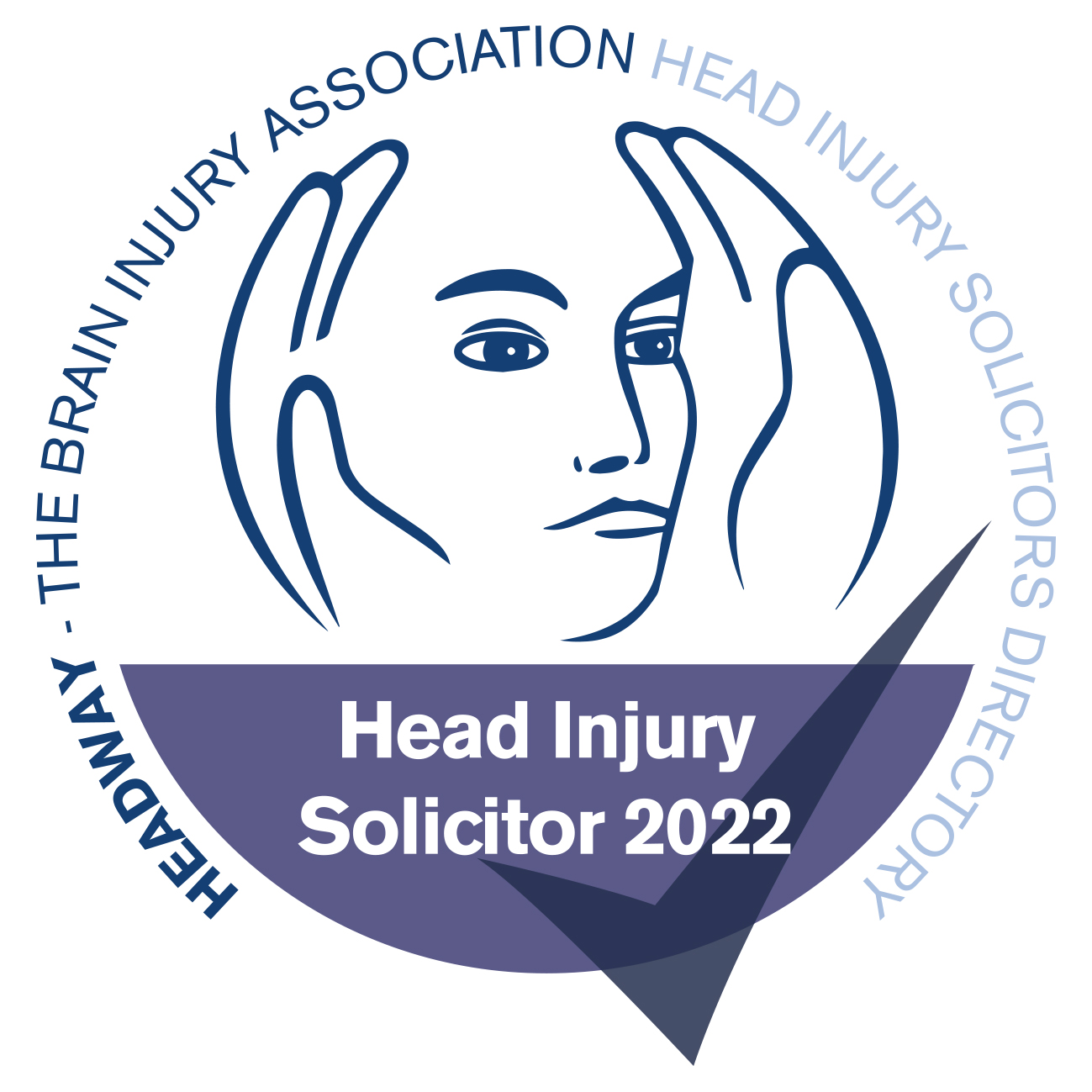Occupational stress claims
If you have suffered from occupational stress and believe your employer is to blame, Potter Rees Dolan Solicitors
Stress can be a part of everyday life and can rear its head in a range of different situations. However, work is one environment where stress levels can become dangerously high - and when that happens, it can cause serious psychological and physical problems.
Many people come to us having suffered with serious mental and physical health issues that they believe have been directly caused by their work. If that sounds familiar, we can help you claim compensation for your suffering.
The team of experts who work on personal injury cases, which includes occupational stress cases, is made up of some the very best solicitors in the country. Led by Hugh Potter and Rachel Rees, many of our solicitors feature in the esteemed Legal 500 and Chambers guides including Richard Edwards who is experienced in handling occupational stress claims. We strive to put our clients’ needs first at all times, and we do this by being considerate, caring and compassionate throughout your case.
Our team is here for you and we’re ready to get you the help, compensation and support you need. Speak to us now on 0800 027 2557. If you’d like to send a message instead, fill in our online contact form and a member of our team will get back to you. If you would like to speak to someone specific, please find their details on our people page.
What is occupational stress?
Occupational stress is a specific type of stress that relates to stresses from a job.
Typically, it stems from unexpected or excessive responsibilities and pressures that are beyond the scope of your job description. If you’re being asked to do something that’s beyond your knowledge, skills and expectations, it may place you in a position that inhibits your ability to cope with stress.
Signs and symptoms of occupational stress
If you’re suffering from occupational stress, you may demonstrate one or more of the list of symptoms below:
- Feeling anxious, irritable or depressed
- Apathy, or loss of interest in work
- Having problems sleeping
- Feeling fatigued all of the time
- Poor concentration for routine tasks
- Stomach issues, such as diarrhoea or constipation
- Severe headaches or migraines
- Social withdrawal
- Substance abuse, including taking drugs or drinking alcohol to excess
Causes of occupational stress
There are numerous ways occupational stress can be brought about, which include:
Heavy Workload - Not only does an excessively heavy workload contribute to your overall stress levels, it can also lead to heightened blood pressure, increased chance of heart attacks and many more health problems
Isolation - Feelings of isolation and loneliness can result in occupational stress, especially when you feel like you can’t talk to your colleagues or manager because of a challenging workplace environment
Hours Worked - Working long hours, because you feel like you have to in order to get your work done, or to set a good example in the workplace. Research also shows that working night shifts for sustained periods can increase workplace stress and increase risks of certain diseases such as cancer
Lack of autonomy and career development barriers - Being micro-managed and having obstacles that prevent your career from progressing can contribute to occupational stress
Harassment - This can take numerous forms, including belittling or threatening behaviour and sexual harassment.
How organisations can prevent occupational stress
Organisations should do the following to reduce pressures for employees:
- Make sure your workload is in line with your capabilities and resources available to you
- Management should take responsibility to monitor workloads and to ensure you’re not being overworked
- Encourage and foster development of skills and career progression
- Provide and encourage social interaction with colleagues
- Foster a participative leadership style, where subordinates have a say in major company decisions, in order to feel valued and part of the organisation
- Encourage staff to discuss issues with work and to say if they feel they are being over-worked
- Provide and encourage access to appropriate professional support for those experiencing workplace problems
- Combat workplace discrimination that could lead to workplace bullying
When to make an occupational stress claim
In the instance of occupational stress claims, you will need to prove that an employer owed you a duty of care, that the employer breached their duty of care, and a mental health problem was caused by the breach.
You must also prove that the illness was foreseeable, so in other words, that your employer should have anticipated that you would suffer illness if they broke their duty of care to you.
Evidence would come in the form of statements from colleagues, assessments of your mental health and well-being from medical professionals and your medical and employment records. Typically we’d ask for email evidence, copies of your job description and your personnel and occupational health records. You will also need an opinion about your mental health, which should come from a medical professional and we can help you to obtain all of this. With all of this evidence to hand, you may be able to make an occupational stress claim.
How we can help
Potter Rees Dolan has earned a reputation as one of the leading personal injury law firms in the country. We strive to obtain the very best results for our clients. But what differentiates us from our competitors is the empathy and care our team shows in our day-to-day work. We specialise in helping vulnerable people get the emotional and financial help and support they need, so you can be reassured that you will deal with tactful, experienced solicitors who will make the whole claim process as stress-free as possible for you and your loved ones.
Funding
We can fund your occupational stress claim on a ‘no win, no fee basis’. If, for some reason, we aren’t successful in securing compensation for your claim, you will not need to pay us anything. If you have an insurance policy that covers legal expenses, we will let you know whether we’re able to use your insurance policy to fund your case. If you can’t use your insurance, we’ll explain why in detail and use a ‘no win, no fee’ arrangement instead.
What happens next
In our first meeting, we’ll discuss all circumstances around your occupational stress claim. Should we agree you have a case, we’ll start by helping you collect everything you will need to support your claim. We need to collect as much as possible during this stage, so we can help you recover an appropriate amount of compensation.
Once we have all the available evidence to hand and run through it all in detail with you, we’ll ask independent experts to identify whether you have been a victim of occupational stress. If they agree, we’ll initiate court proceedings to recover compensation as quickly as we can.
We’ll also try to explore opportunities for interim payments to be made, or even settle your case early for an adequate amount of compensation.
Talk to us today
Occupational stress can be a lonely, isolating and consuming experience. We want to help you get the emotional and financial support you need to help you get past this challenging time in your life. Get in touch with us now on 0800 027 2557. If you’d prefer to send an email, use our contact form on this page here. If you want to speak to somebody specifically, find their details on our people page.



























